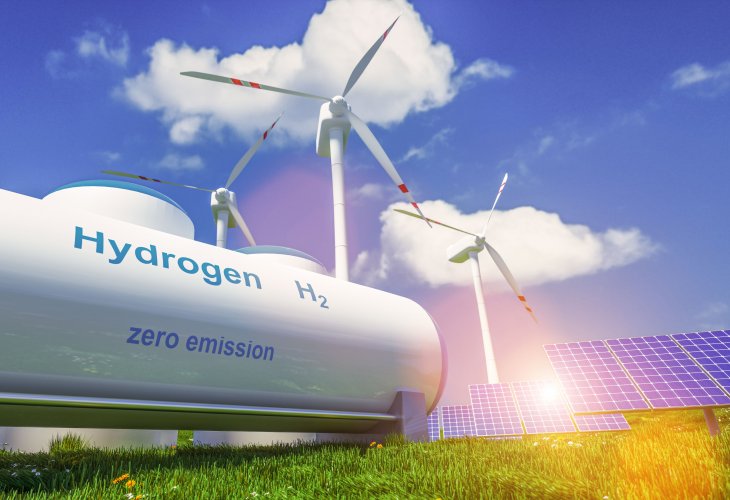In the US, the anti-inflation bill, among many climate-oriented provisions, includes tax breaks for the production of green hydrogen at the world's lowest price of $0.73 per kilogram.
Grey hydrogen, produced using coal or natural gas, currently sells for $1-2 per kilogram, reports New Atlas.
This could start a global hydrogen revolution. According to KPMG, green hydrogen produced with zero emissions using renewable energy, water and electrolyzers costs $2.50-$6.
The new law will soon be adopted by the House of Representatives.
"It's a $739-billion shadow of the US$3.5-trillion Build Back Better act originally proposed by Democrats in 2021, but it still marshals more than $360 billion toward clean energy," the report said.
This is the largest such investment in US history.
The bill offers a tax credit of up to $0.60 per kg for clean hydrogen. Such hydrogen creates less than 0.45 kg of carbon emissions per kg per life cycle.
This 60-cent subsidy receives a 500% bonus multiplier if workers employed in the construction of any new facilities are paid at least the prevailing wage rate in the community where such facility is located.
This results in a tax credit of $3 per kilogram for green hydrogen. The material noted that the reduction of a kilogram of green hydrogen to $1 would have a revolutionary effect.
In 2021, the US Hydrogen Council did not venture to predict that this figure would be reached by 2050, and then only under the best-case scenario.
It'll immediately become cheaper for any current hydrogen buyer to seek out green than gray or blue, upending the current hydrogen landscape and drawing massive investment money into the US to take advantages of the global opportunities this move will create.
"The insanely cheap price of green hydrogen will also affect a number of other decarbonization projects that rely on hydrogen," the article says.
Green steel produced using hydrogen is projected to become economically competitive with steel using coke at a green H2 price of $1.53 per kg. This will make "green" steel cheaper than traditional steel.
"Any other country that wants to become a major player in the field of "green" hydrogen will now need to introduce its own equally bold incentives, otherwise it will be driven out of the market, – emphasized in New Atlas. – The strongest signal was sent to the green hydrogen market. It will be exciting to see what big steps this legislation brings in the coming months.”
Earlier, EcoPolitic wrote, that in the USA, the Senate approved a draft law that provides for over $400 billion of investment to fight climate change, reduce inflation and improve access to health care over 10 years.
As EcoPolitic previously reported, the USA has developed cheap technology non-electric production of hydrogen.





